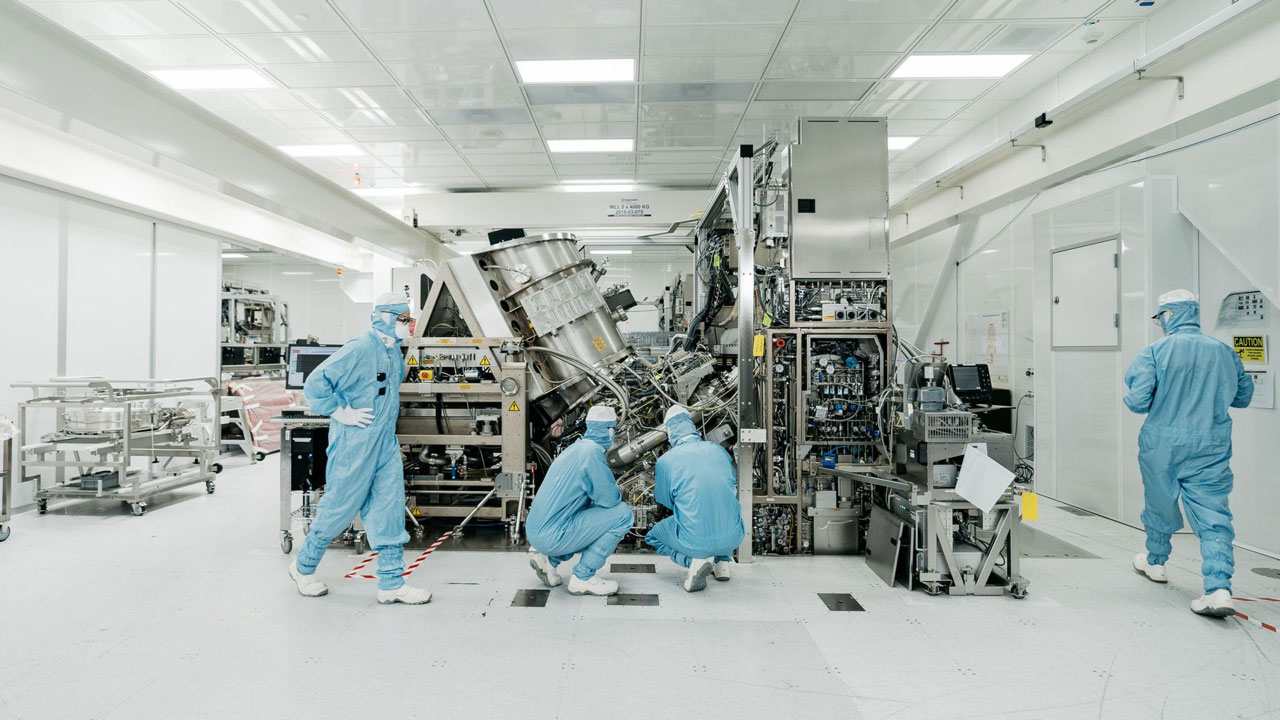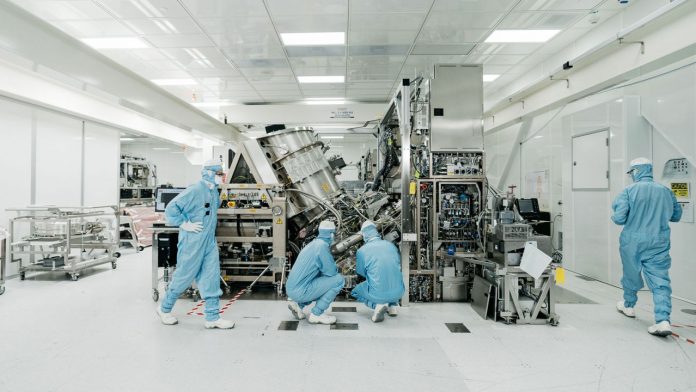
The Netherlands has once again tightened export controls to ensure that ASML will have to apply for export licenses with the Dutch government instead of the U.S. These new rules will come into effect on April 1st and is seemingly The Hague’s response to the updated list of sanctioned equipment; Bloomberg reports that this includes specific measurement and inspection equipment made by Dutch semiconductor companies like ASML.While the Dutch authorities didn’t specifically mention Washington, D.C.’s latest export controls during its announcement, sources say that these latest measures closely align with the White House’s policies. This isn’t the first time that The Netherlands has updated its export controls to ensure that it has control of its flagship semiconductor companies — it did this for ASML’s DUV tools back in September 2024, preventing China from acquiring these machines to produce 7nm and even more advanced chip nodes.Earlier last year, Chinese President Xi Jinping said that his country didn’t need ASML for technological progress. However, given that ASML is the only company that makes the most advanced lithography machines that can make the most advanced chips, its CEO said last December that the East Asian country is at least 10 to 15 years behind in chipmaking capabilities. Nevertheless, China isn’t taking this sitting down, and is taking steps to catch up in the global semiconductor race. These steps include poaching staff from these companies so that it could build its own chipmaking tools.The U.S. is also expanding its AI chip restrictions. The restrictions would mean that most of the world would be severely limited from acquiring them without getting ‘validated end-user’ status. This move has got industry giant Nvidia and the Semiconductor Industry Association up in arms; the European Commission is also protesting against this development. However, the White House likely did this because it realized that its sanctions were not being strictly enforced due to the limitations of the U.S. Department of Commerce.Despite all the bans and sanctions that the U.S. and The Netherlands has placed on China last year, it still accounted for about half of its sales in 3Q24, amounting to EU 2.79 billion or about $2.87 billion. But because of the expansion of these export controls, the company expects sales in this region to drop to 20% of total revenue this year. The company expects that it should have no impact on its long-term goals.Get Tom’s Hardware’s best news and in-depth reviews, straight to your inbox.
Netherlands tightens export controls on sanctioned semiconductor equipment — move made in line with U.S. limitations, ASML will apply for licenses from the Dutch government

